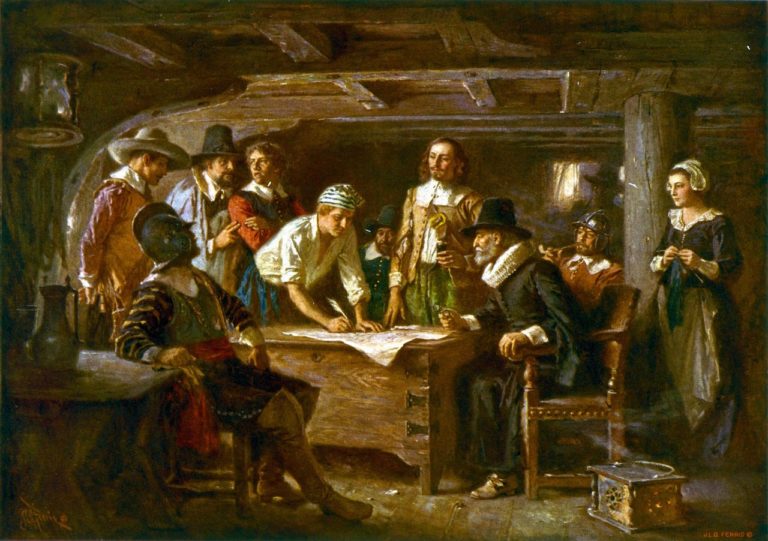March 18, 1881 – A Tie Vote in the Senate
On March 18, 1881, early in a special session called to consider nominations received from newly inaugurated Republican President James Garfield, the vice president’s hands trembled as he reached for the roll-call-vote tally sheet. In a Senate Chamber packed with senators, House members, and even the chief justice of the United States, Republican Vice President Chester Arthur announced the result of a vote to select a Republican slate of committee chairmen and members. Those in favor: 37; those opposed: 37. When the vice president cast his tie-breaking vote in favor of the Republican slate, the chamber exploded in volleys of cheers and boos.
The triumphant Republicans then moved to elect a secretary of the Senate and sergeant at arms. At this point, a newspaper correspondent observed that the Democratic senators “were not in a hilarious mood. Their countenances were those of mourners at a funeral. Behind their desks was a grim row of clerks witnessing with solemn interest the proceedings that would deprive them of snug positions.” With the Senate equally divided on organizational questions, the Democrats had hoped to strike a bargain. While grudgingly accepting a one-vote Republican margin on each committee, they insisted on retaining the officers they had selected when they controlled the Senate of the previous Congress. The Republicans refused to negotiate.
The resulting stalemate disrupted Senate business for the next two months. With several Republicans absent due to illness, the Democrats were able to stall a vote on the staffing issue by leaving the chamber each time Republicans tried to muster the majority quorum necessary to conduct business.
Soon a split developed within Republican ranks over Garfield’s nominee to fill a key New York City federal post. Both of New York’s Republican senators opposed that choice and were angry with Garfield for ignoring their views. In a tactical move, they dramatically resigned from the Senate, expecting that their state legislature would soon reelect them and thereby send the White House a message about their political standing within New York.
The Republican resignations gave the Democrats a two-vote Senate majority. But in the interest of wrapping up the deadlocked special session, Democrats agreed not to reopen the issue of committee control. In return the Republicans conceded the staffing issue—at least until the next session. Within months, however, the assassination of President Garfield dampened any desire for further battles over the management of this closely divided Senate.
=======================================================================================
On this date in 1766: Great Britain repeals Stamp Act. This teapot had something to say about it.
n 1901, USNavy gunboat Vicksburg assisted USArmy during operations for the Philippine Insurrection
Happy Birthday to Grover Cleveland, our 22nd & 24th president (1885-1889, 1893-1897), born on this day in 1837.



